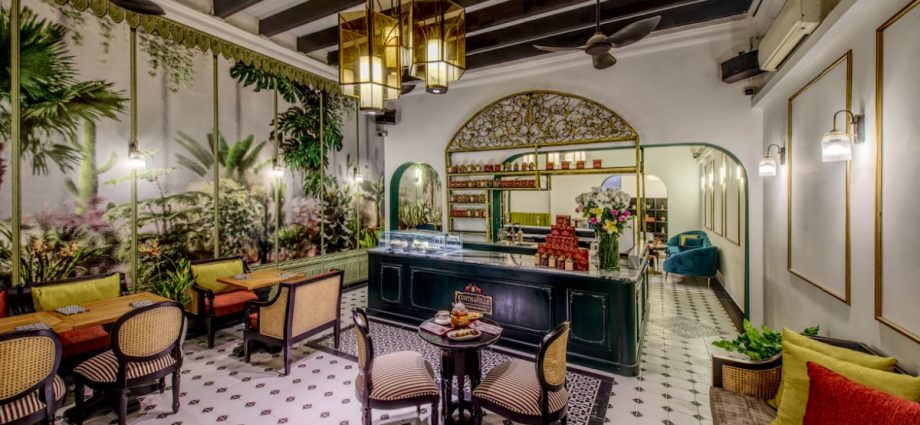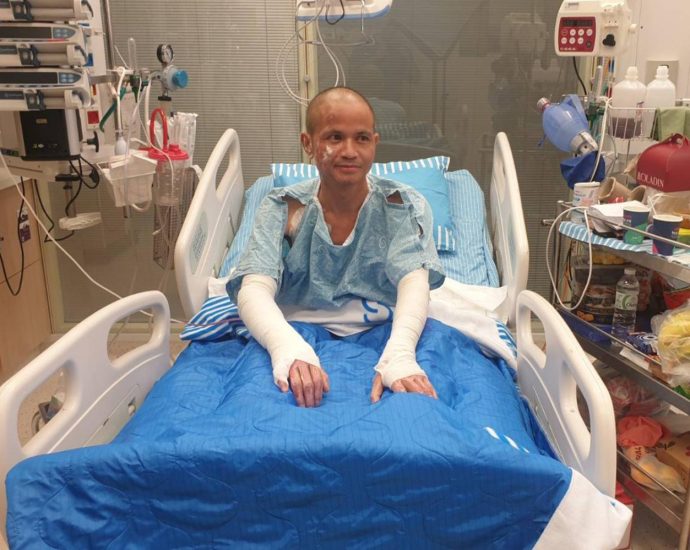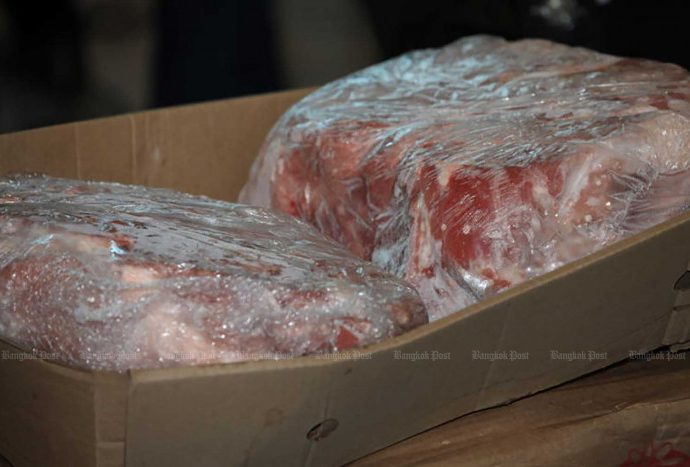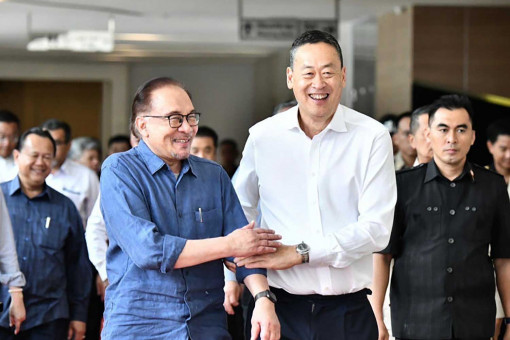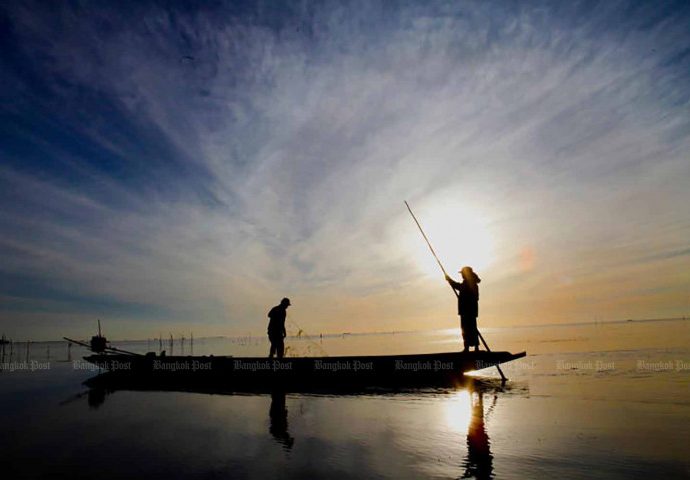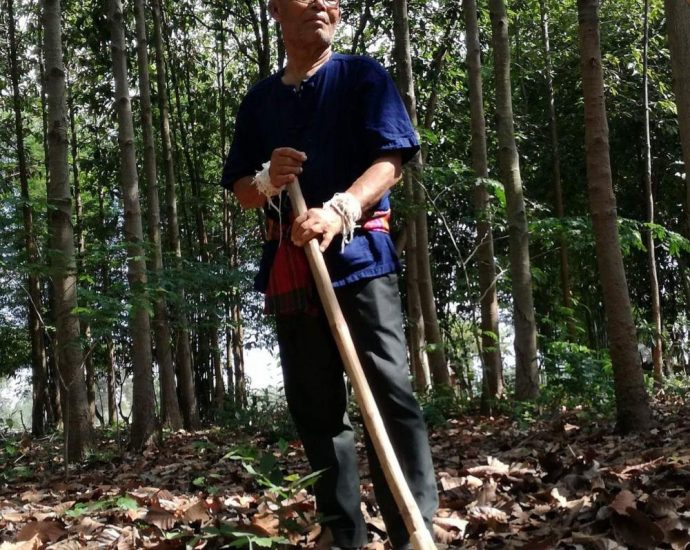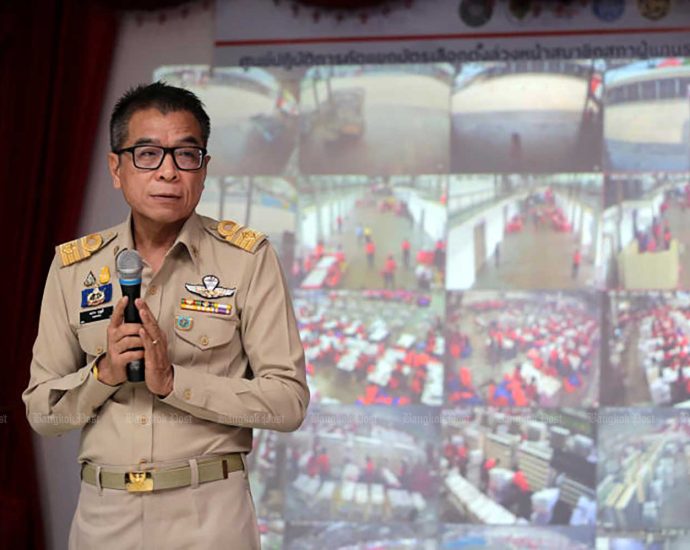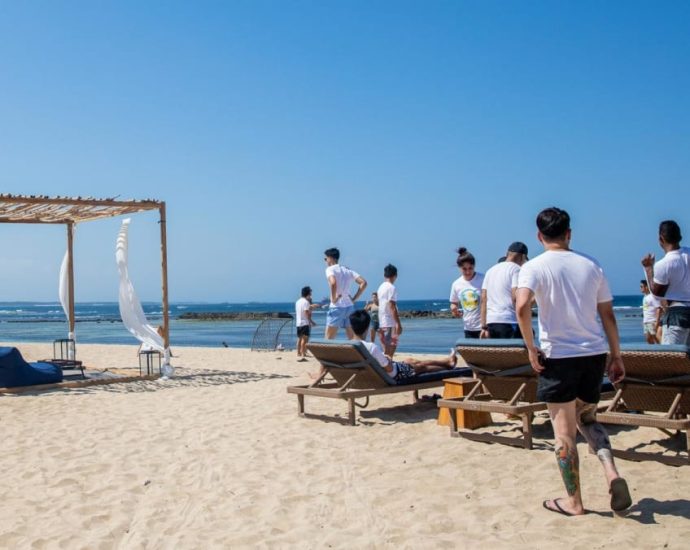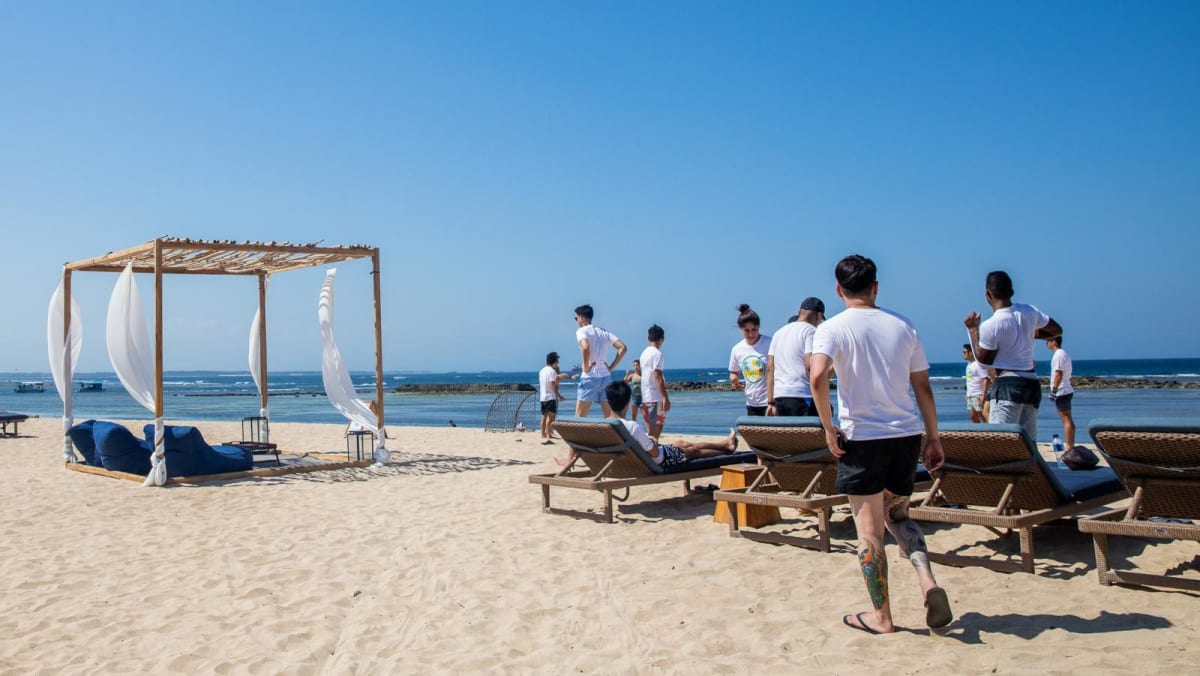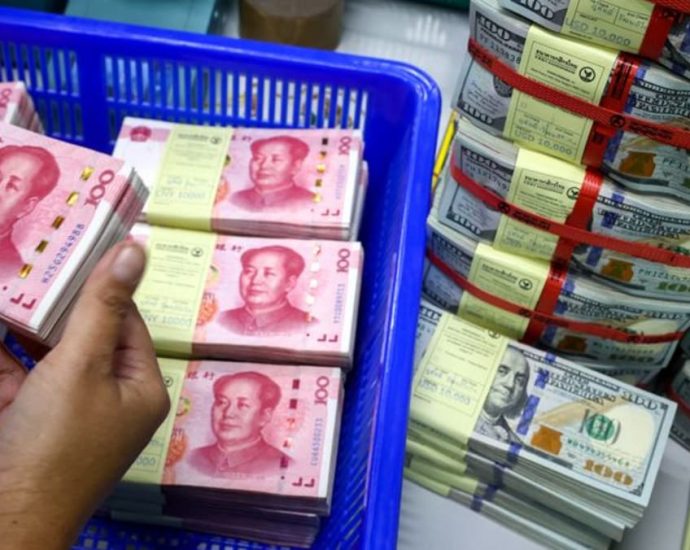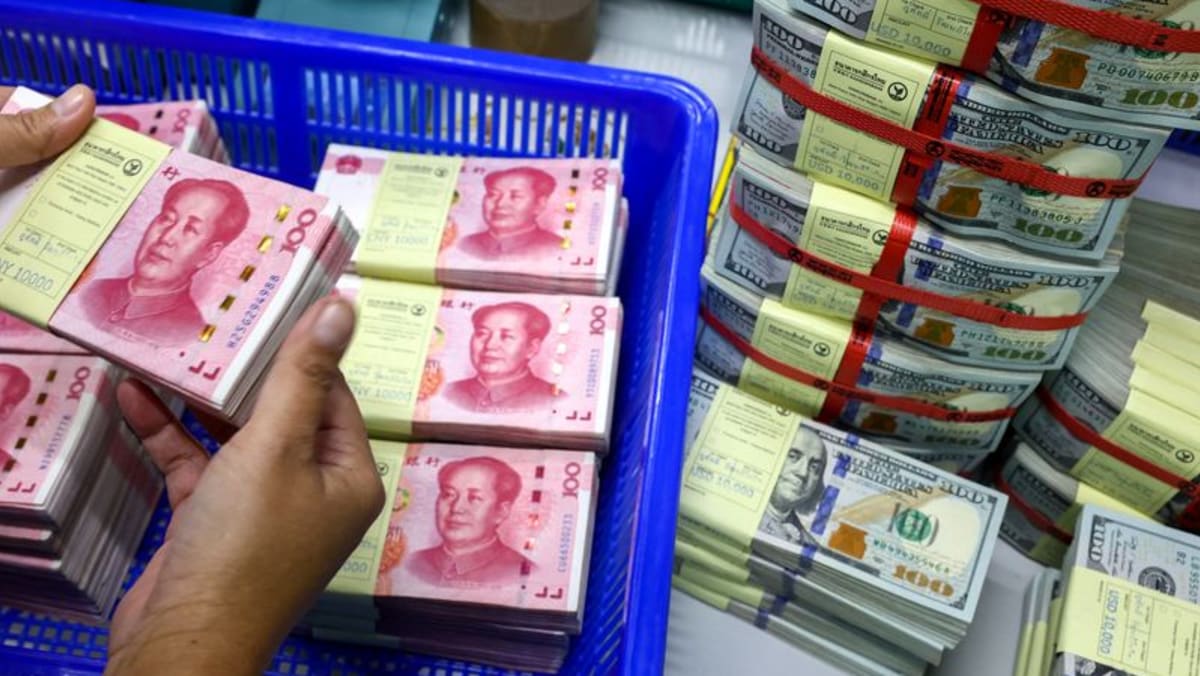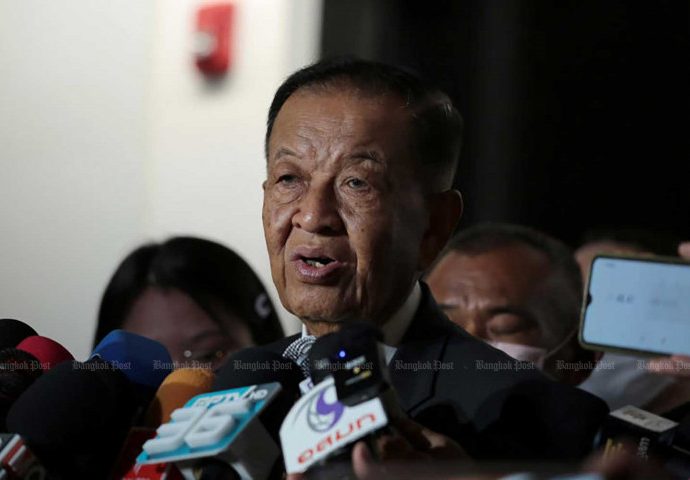This new restaurant and tea room in Singapore transports guests to a bygone Sri Lankan era
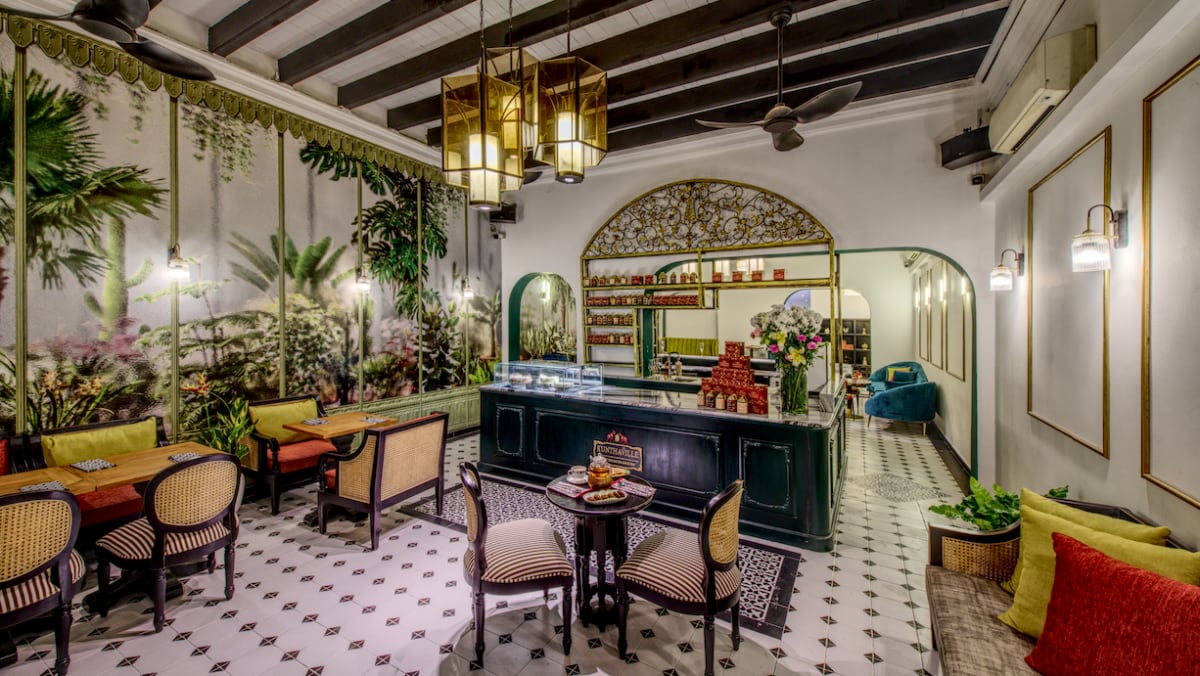
When she found the perfect shophouse property, she renovated it completely, and even designed the interiors herself. Her family owns tea plantations in Sri Lanka and she wanted guests to enjoy the experience of sipping quality tea directly from the country’s highlands, in an atmosphere reminiscent of a colonial manor looking out onto a landscaped garden.
You’ll be hard-pressed to find more than a couple of restaurants serving Sri Lankan food in Singapore, and as far as Kuntha is concerned, this is “the most authentic”.

